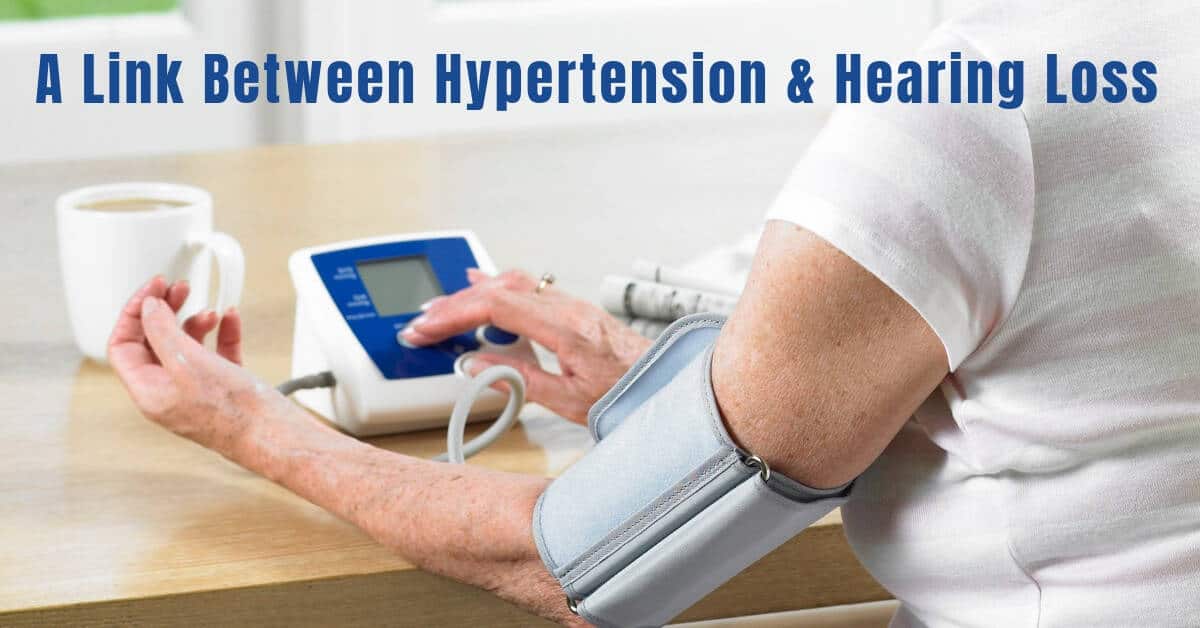It’s safe to say you probably know someone with high blood pressure, also called hypertension. It affects 70 million people in the US, or one in three adults. One in three people are also living with ‘prehypertension’, which is classified as blood pressure at high risk of hypertension. For a lot of us, the pressure in our arteries is higher than we’d like it to be.
What is High Blood Pressure?
Blood pressure is the reading taken from the force of your blood on your arteries and veins. When that force is too high, it is considered hypertension. Pressure of the blood on the artery walls then begins to cause problems with the heart and blood vessels. We know the reading is too high when the upper number or a blood pressure reading is higher than 120 and the lower number is higher than 80.
There are many risk factors for hypertension. Eating a lot of salty foods, smoking, and a lack of exercise are commonly linked to the disease. Perhaps the biggest problem with hypertension is that is it invisible. We don’t feel our blood pressure rising, so many people don’t notice they have a problem until the high blood pressure has become a serious issue. It is commonly linked with heart attacks and strokes.
Hypertension and Hearing Loss
There is another, less publicized effect of hypertension. It damages blood vessels everywhere in the body, including those that send blood to the ears, and several studies have made this connection. Dr Mohan Jagade, head of the ENT department at JJ hospital in Mumbai researched this connection in 2013. High blood pressure had a detrimental impact on blood flow to the delicate structures in the ear. Unfortunately, if this high blood pressure persists, then permanent damage to the hearing organs can result. Luckily, for those whose blood pressure is elevated for only a short time, hearing may go back to normal levels. However, if high blood pressure persists, the hearing loss will likely be permanent.
This hearing loss from hypertension may also explain the sudden loss of hearing that some people experience. The American Heart Association found a definite connection between hypertension and hearing loss. How can we explain the connection between the two? Could it be that sudden hearing loss comes from a sudden loss of blood flow to the delicate ear structures? We can only speculate at this point, but this seems like a good place to begin thinking.
The Consequences of Hearing Loss
Apart from the immediate inconvenience associated with hearing loss, it can also lead to social isolation, which can lead to a whole host of long-term consequences including the straining of social ties, depression, and even dementia. Likewise, high blood pressure has a similarly insidious reputation as a ‘silent killer’ which can lead to heart attacks, heart failure and stroke. It’s a sad fact that 8 out of 10 people who have their first stroke also have hypertension.
Treating High Blood Pressure to Protect Your Ears
It’s not all bad news however. Keeping high blood pressure at bay begins with regular blood pressure readings either from your healthcare practitioner or one of the many blood pressures monitors available on the market today. Once you have an idea of your normal levels, you can then focus on controlling it through changes in your lifestyle and possibly medication. Remember to always seek medical advice before embarking on a course of medication. Lifestyle changes you can make to improve your readings include regular exercise, consume less sodium, drinking more water, and eating a balanced diet.
You should also get your hearing checked regularly by a hearing health specialist, as you’ll want to make sure hypertension hasn’t already done damage to your ears. Experts recommend an annual hearing test if you have a history of high blood pressure or you are over the age of 60. Hypertension and hearing loss are connected, so early and regular check-ups of both could prevent more serious problems down the line.
Schedule a Professional Hearing Exam with Hearing Wellness Solutions
Taking charge of your well-being means keeping up with all areas of your health, including your hearing. If you have noticed any changes in the way you hear, or are simply due for an annual check-up, contact Hearing Wellness Solutions for a comprehensive hearing exam and consultation.


